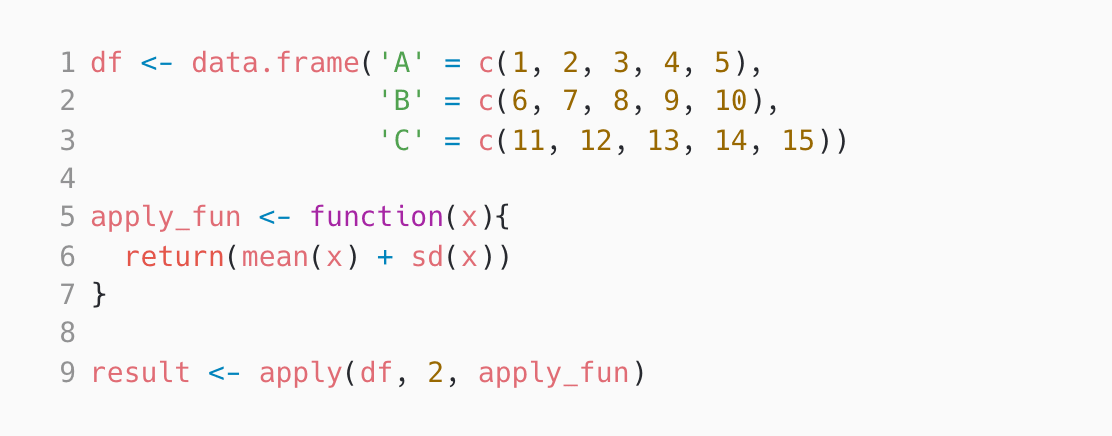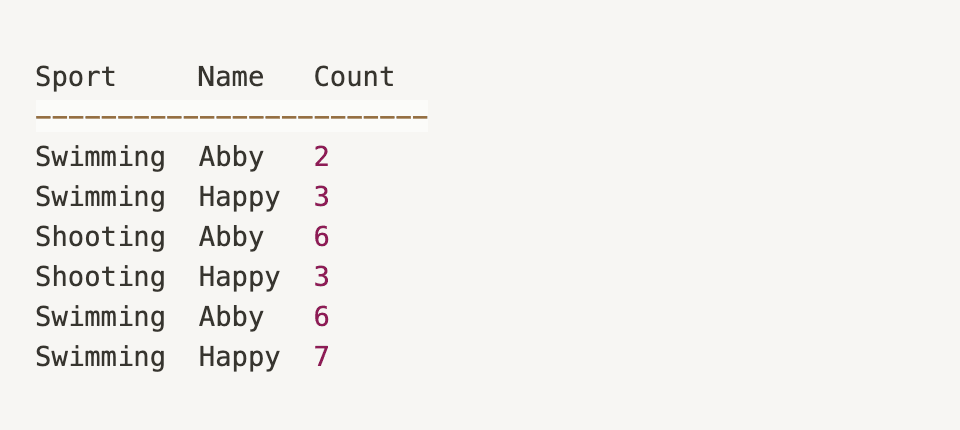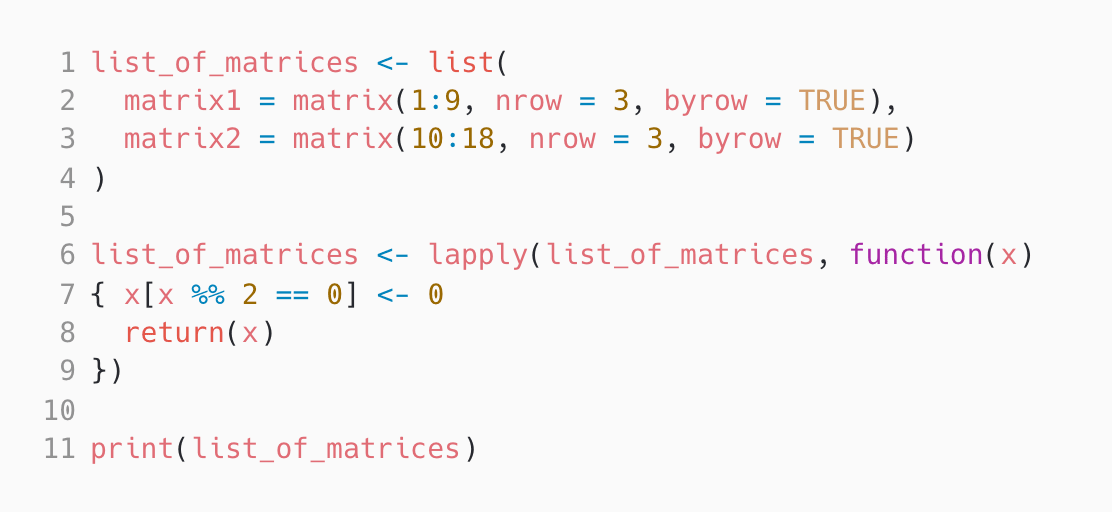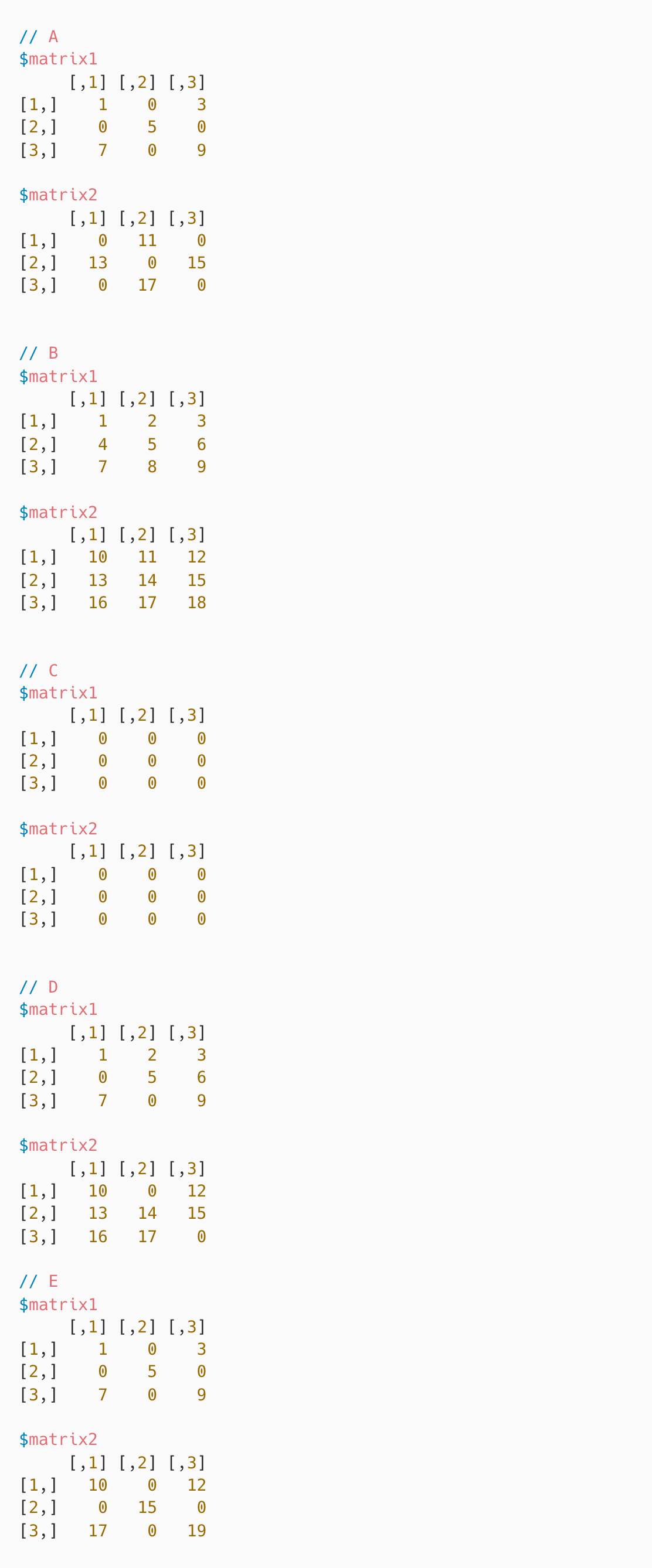Vectors: Vectors in R are one-dimensional arrays that can hold elements of any type. They are used to store and perform operations on a homogeneous set of data. Measuring this skill will assess a candidate's understanding of vector creation, indexing, and various vector operations.
Matrices: Matrices in R are two-dimensional arrays that store elements of the same type. This skill will evaluate a candidate's ability to create and manipulate matrices, perform matrix operations such as addition, subtraction, and multiplication, and apply matrix operations in solving problems.
Dataframes: Dataframes are tabular data structures in R that store data in rows and columns. Assessing a candidate's knowledge of dataframes will ascertain their proficiency in data manipulation, including merging, filtering, and transforming data, as well as their understanding of data reshaping.
CSV Handling: CSV (Comma-Separated Values) handling is the ability to read, write, and manipulate data stored in CSV format. This skill is crucial in real-life scenarios where data is often exchanged and stored in CSV files. Assessing this skill will determine a candidate's proficiency in loading, saving, and performing data transformations on CSV files in R.
Linear regression: Linear regression is a statistical technique used to analyze the relationship between a dependent variable and one or more independent variables. Measuring a candidate's understanding of linear regression will assess their ability to fit linear regression models, interpret model outputs, and make predictions using the models.
Confusion matrix: A confusion matrix is a table that represents the performance of a classification algorithm. Measuring a candidate's knowledge of confusion matrices will evaluate their understanding of key metrics such as accuracy, precision, recall, and F1 score, and their ability to analyze and interpret classification results.
Random Forest: Random Forest is an ensemble learning method used for classification and regression. Assessing this skill will gauge a candidate's ability to apply the Random Forest algorithm, understand the underlying principles, tune the model parameters, and evaluate its performance using appropriate statistical measures.
Analytics with R: Analytics with R involves using R programming language and its associated packages to perform data analysis, visualization, and statistical modeling. Evaluating this skill will determine a candidate's proficiency in utilizing R's analytical capabilities, applying statistical techniques, and generating insights from data.
String Manipulation: String manipulation refers to the process of modifying, extracting, or manipulating textual data in R. This skill assessment will measure a candidate's ability to perform tasks such as concatenating strings, replacing patterns, extracting substrings, and applying regular expressions on character data to solve data processing and manipulation challenges.


























































